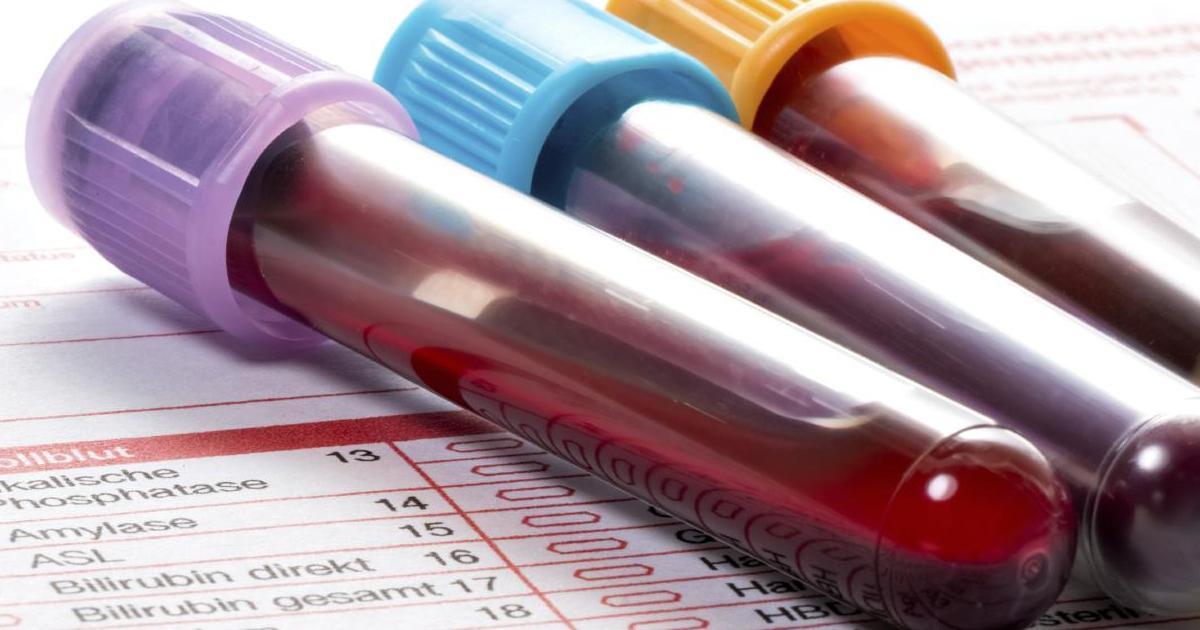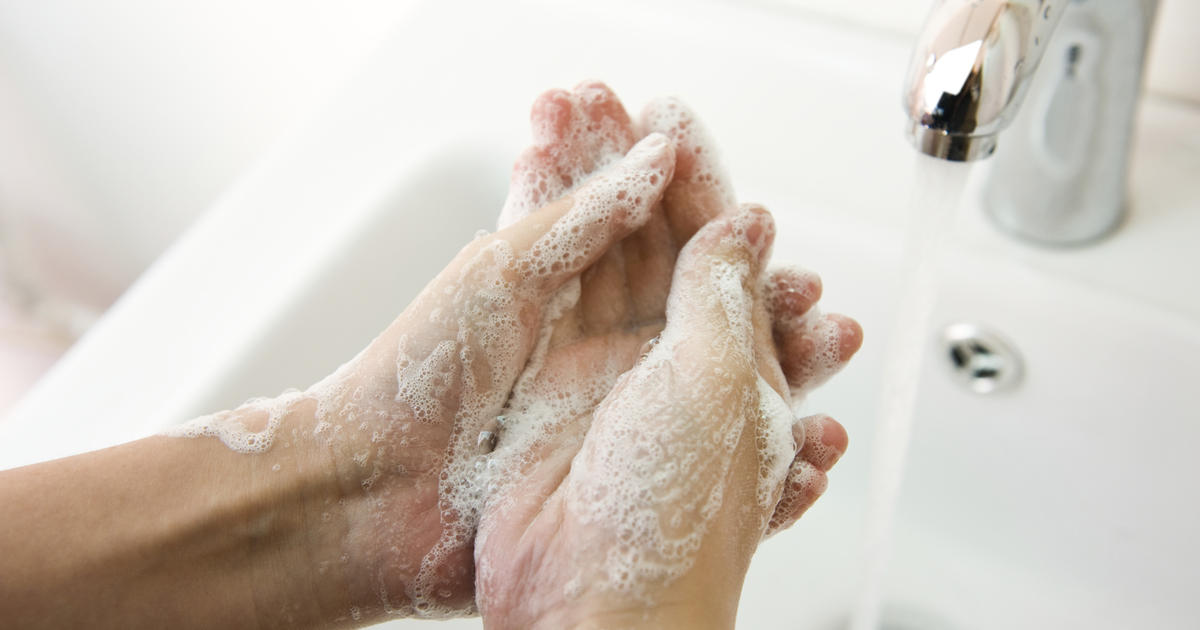Methicillin-resistant Staphylococcus Aureus (MRSA): Prevention and Treatment
Diagnostic Tests

If a doctor suspects a patient has been exposed to the infectious bacteria and symptoms are present, they will conduct a biopsy or tests of all or one of the following: blood, urine, body fluid, or a wound swab. It would then have to be determined which antibiotic would work best to fight the illness. In some cases, antibacterial soaps, nasal ointments, or antibacterial shampoo will do the trick. A reported forty percent of confirmed cases had been reduced using these drug-free methods.
Community-Associated MRSA Prevention Methods

The general public is susceptible to contracting infectious diseases, especially when in the constant presence of others, particularly large groups. Everyone should keep all open wounds covered and only allow them to be drained by professionals. Frequent hand-washing and avoiding shared use of personal items like soap, towels, and toothpaste is also required to prevent the spread of bacteria. Keeping fingernails short will also help prevent potential open skin from occurring on oneself or others.
